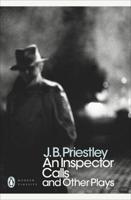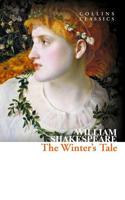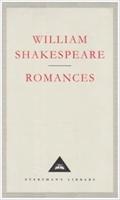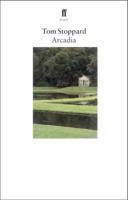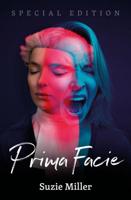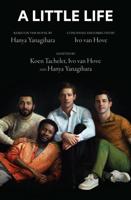Publisher's Synopsis
This book is a look at the theatres, the shows and the people who produced, performed and made theatre a reality from the very founding of Chicago in 1833 until October 9th, 1871 when a massive fire swept through the city, destroying everything except the famous Water Tower on Michigan Avenue.The first professional entertainment given in Chicago where an admittance fee was charged, took place on the 18th of February, 1934, less than one year after the city was bough from American Indians. In this case, the performer, a Mr. Bowers, performed amazing feats from eating molten lead to performing ventriloquism. The first professional theatre to open in Chicago was Isherwood & McKinzie's Chicago Theater, also known to the public as the Rialto Theatre. The theatre opened on the 10th of May, 1838.After the opening of the Rialto, 30 more theatres opened their doors to the citizens of the growing city. During the 33 seasons of their existence, many famous actors and actresses graced their stages. Three of these actors were John Wilkes Booth and Mr. and Mrs. John Drew, Jr.. Booth's final professional performance was in the play "Our American Cousin" performed April 14th, 1865 at Ford's Theatre in Washington, DC, the same night he shot President Abraham Lincoln. Where you may not recognize the name Drew, they were the aunt and uncle of Lionel, John and Ethel Barrymore. Lionel, the oldest of the three siblings was also a famous film star. Perhaps his most memorable screen performance was of the mean-spirited Mr. Potter in the 1946 Frank Capra film "It's a Wonderful Life" co-starring James Stewart. Their most famous descendant of the early 21st Century is actress Drew Barrymore who took her ancestors family name. While researching the revision of this book I came across the fact that Mrs. John Drew was in fact an English born American actress Louisa Lane Drew. She came to the United States with her mother in 1826 at the age of 6 years old. She and her theatrical family traveled extensively including to Jamaica. On her return to America in 1847 she began working with actor Junius Brutus Booth and his son, John Wilkes Booth. She did not have children from her first two marriages but she had a son in her third marriage to actor John Drew. Their son, John Drew, Jr. married actress Georgia Drew (Barrymore). She is the great-great- grandmother of Drew Barrymore.The styles of amusement varied. You could walk down the cobblestone and direct streets of the business district and find such offerings as burlesque and minstrel shows. International operas such as Auber's "Fra Diavolo". Fra Diavolo translates to Brother Devil and is the nickname given to Michelle Pezza who was part of the resistance against France in the early 1800's. In most theatres, the "drama" was the main offering . Theatre goers had a choice of seeing tragedies such as Shakespeare's "King Lear" to seeing comedies, most of which were then modern plays written by American and English playwrights. Many actors got their start in Chicago as did many opera companies and other forms of entertainment. Theatre was a big factor in Chicago's early development.



